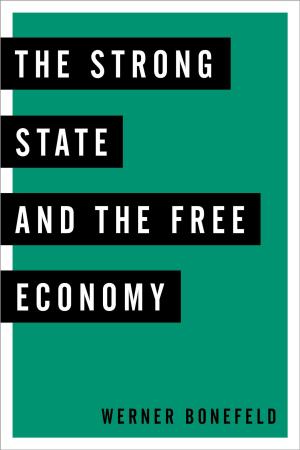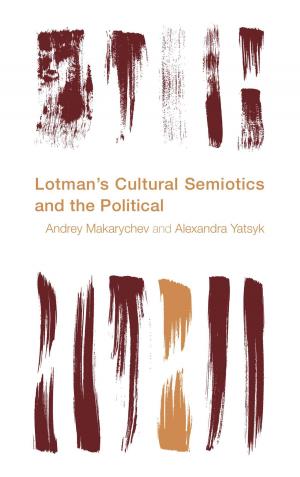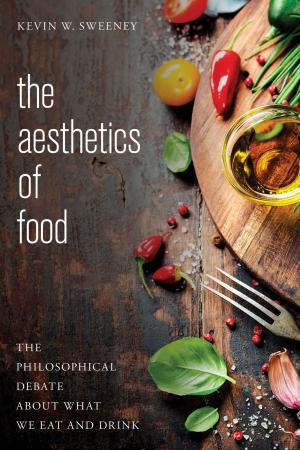How to Keep a Competitive Edge in the Talent Game
Lessons for the EU from China and the US
Business & Finance, Economics, Comparative Economics, Business Reference, Education, Human Resources & Personnel Management, Training| Author: | Christal Morehouse, Matthias Busse | ISBN: | 9781783482993 |
| Publisher: | Rowman & Littlefield International | Publication: | October 30, 2014 |
| Imprint: | Centre for European Policy Studies | Language: | English |
| Author: | Christal Morehouse, Matthias Busse |
| ISBN: | 9781783482993 |
| Publisher: | Rowman & Littlefield International |
| Publication: | October 30, 2014 |
| Imprint: | Centre for European Policy Studies |
| Language: | English |
By 2020, the global map of higher education will be completely redrawn, and by 2030, China is expected to emerge as the world's largest source of brainpower. The European Union should not necessarily view this development as a threat, but rather it can be seen as an opportunity for the EU to become more competitive in attracting foreign human capital. The quality of human capital in the form of university graduates is well-developed in the EU, although there remain stark differences between the member states. EU universities have not managed to penetrate the premium university rankings, with the exception of those in the UK, but their overall performance is comparatively high.
This book compares tertiary education in the European Union, the United States and China with the aim of evaluating how the EU as a region fares with respect to the US and China, how to improve higher education in the EU and how to secure its stock of human capital. In the process, we identify a number of game-changing factors that affect higher education. These notably include how digital technology is integrated into education, how education relates to employment and how university institutions are governed. Viewed intra-regionally, Europe is making progress in developing its talent pipeline. But if we take a step back and compare the performance of higher education in the EU with that of the US and China -- and how it is likely to perform in the future -- there are important lessons to be learned that will allow Europe to sustain prosperity and growth and secure its long-term well-being and quality of life.
By 2020, the global map of higher education will be completely redrawn, and by 2030, China is expected to emerge as the world's largest source of brainpower. The European Union should not necessarily view this development as a threat, but rather it can be seen as an opportunity for the EU to become more competitive in attracting foreign human capital. The quality of human capital in the form of university graduates is well-developed in the EU, although there remain stark differences between the member states. EU universities have not managed to penetrate the premium university rankings, with the exception of those in the UK, but their overall performance is comparatively high.
This book compares tertiary education in the European Union, the United States and China with the aim of evaluating how the EU as a region fares with respect to the US and China, how to improve higher education in the EU and how to secure its stock of human capital. In the process, we identify a number of game-changing factors that affect higher education. These notably include how digital technology is integrated into education, how education relates to employment and how university institutions are governed. Viewed intra-regionally, Europe is making progress in developing its talent pipeline. But if we take a step back and compare the performance of higher education in the EU with that of the US and China -- and how it is likely to perform in the future -- there are important lessons to be learned that will allow Europe to sustain prosperity and growth and secure its long-term well-being and quality of life.















